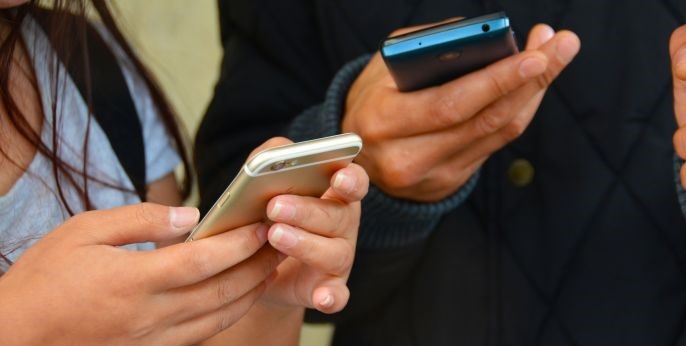
iOS vs Android: Which is Safer?
TL; DR: if you want a safe device, choose an iPhone.

Android is the world's most popular mobile operating system. It uses a Linux-based core, so its security level is not to be sniffed at. The first version of the Android OS was released in 2008, and it's been updated hundreds of times since then. The latest Android 10 version, which was released in September 2019, is available in over 100 languages and integrates a huge set of useful applications and features. The official Google Play store is the home of over 1,000,000 apps which can do pretty much anything you want.
Google rolls up monthly security patches, but unfortunately third-party smartphone manufacturers aren't that quick to react, even though the Alphabet subsidiary has tried to make things as easy as possible on their end. So, if you love Android and you want to keep your device secure, you should purchase a Google Pixel phone, which is a pity, because there are many other great smartphones in the Android world.
To add insult to injury, some phone makers prefer to keep older devices unpatched, with the goal of selling more of their new products. Some people have even bought phones that were running outdated versions of the Android OS. This is another reason why Google's ecosystem is fragmented, so it is not a surprise that Android phone users get their devices infected in much larger numbers in comparison with iOS users.
By default, Android apps have limited access to dangerous system resources. Still, many users install apps without reading and understanding what permissions are really needed. If a game needs to run a background process, I guarantee that there's something fishy about it. And if a painting application requires the permission to call phone numbers, it's clear that it was built for nefarious purposes.
iOS was released back in 2008, and Apple has recently built iPadOS, which has been modified for its line of tablets. Unlike Android, iOS is proprietary, closed source software, and is available in about 30 languages at the moment. iPhone and iPad users have access to over 1,000,000 apps as well, but very few of them are infected. More than this, Apple doesn't allow its smartphones to install apps from third-party sources.
Security patches are released whenever they are needed; however, since security threats are rare in the Apple ecosystem, people will only have to patch their phones a few times per year. Since iOS is locked and the App Store doesn't have infected apps, people who don't choose to jailbreak their phones are unable to use other app stores, which may include infected applications as well.
Still, devices that are older than three years may not receive software updated anymore. According to Apple, they do this because the hardware would be too old to run the newer versions of the operating system. However, if you plan to use an iPhone for three years or less, Apple's devices will help you dodge lots of malware species.
Both operating systems have access to huge app stores, but iOS offers better privacy controls, allowing its users to decide if they want to share their location, contact information, etc. with that particular app. On the other hand, Google's Play Store has fewer restrictions on what apps it allows in its store. This gives developers more freedom, but it may also lead to trouble.